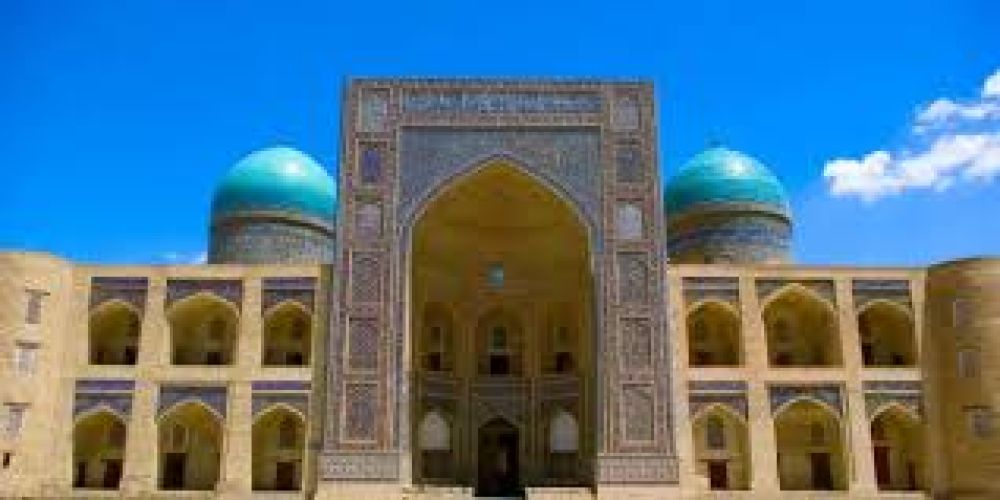

Bukhara, nestled in the heart of Uzbekistan, is a city with a rich tapestry of history and culture, making it an alluring destination for travelers around the world. Known for its ancient architecture and historical significance along the Silk Road, the city's tourism roots are threaded deeply into its past.
The Silk Road Era: The history of tourism in Bukhara can be traced back to the times when it was a major trading post on the Silk Road. This legendary caravan route connected the East and the West, facilitating not only the exchange of goods but also ideas, religion, and culture. As traders and travelers from distant lands passed through Bukhara, the city became a cosmopolitan hub, laying the groundwork for its future as a tourist destination.
The Soviet Period: During the Soviet era, tourism in Bukhara was largely domestic, with the city being a common stop for Soviet citizens interested in the history and culture of the region. The authorities began to recognize the city's potential as a cultural heritage site, leading to efforts in preserving its many historic buildings and monuments.
UNESCO World Heritage Recognition: A significant milestone in the history of Bukhara’s tourism was its inclusion in the UNESCO World Heritage List in 1993. With numerous locations such as the Po-i-Kalyan Complex, the Lyabi Hauz Ensemble, and the Ark of Bukhara gaining international protection and recognition, Bukhara attracted greater international attention.
Today, Bukhara is a vibrant tourism hub that offers a window into the past with a touch of modern hospitality. Visitors come from all over the globe to experience the city's well-preserved medieval Islamic architecture and to immerse themselves in its historical ambiance.
Latest Tourism Trends: The government of Uzbekistan has taken significant steps to boost tourism in recent years, including visa liberalization policies and investment in tourism infrastructure. Bukhara has benefited from these efforts, with improvements in accommodations, increased accessibility, and the development of English-language tours and travel resources.
Sustainable and Cultural Tourism: The latest trends in Bukhara's tourism revolve around sustainability and experiential travel. Tourists are looking for authentic interactions with local culture, booking stays in traditional caravanserais, and participating in craft workshops, such as silk weaving and miniature painting. This desire for a deeper connection with Bukhara's culture is also driving the growth of eco-friendly tourism initiatives aimed at preserving the city's heritage for future generations.
With its rich historical legacy and forward-thinking tourism strategies, Bukhara continues to enchant and inspire those who walk its ancient streets. Whether one is delving into the city's deep past or enjoying the comforts of modern amenities, Bukhara remains a timeless treasure on the modern traveler's map.